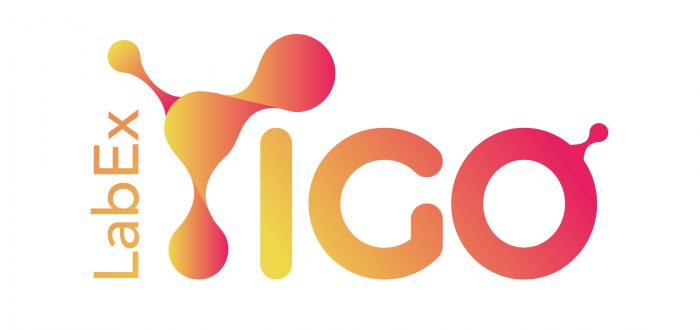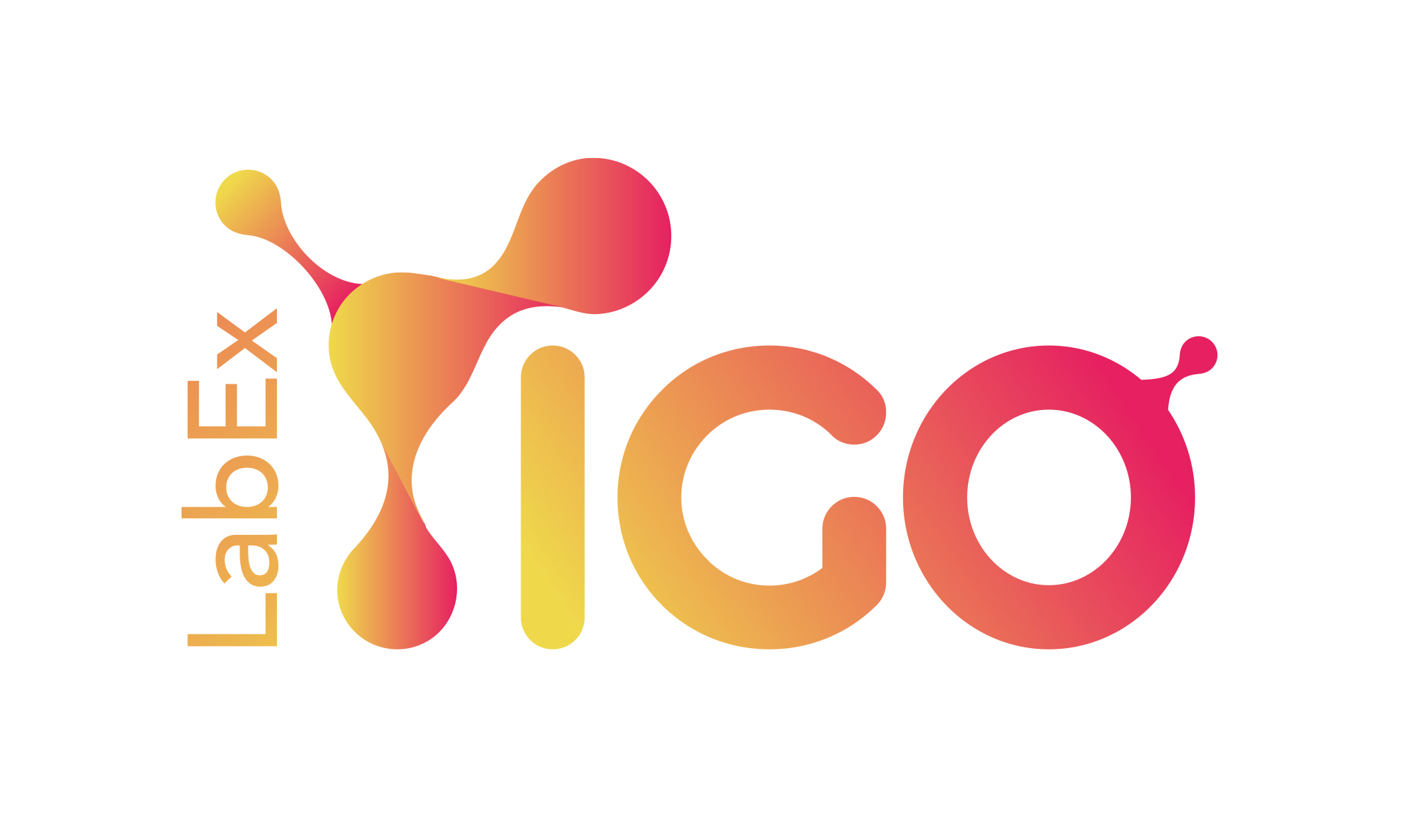
On January 1st, 2020, the IGO LabEx was renewed for 5 years, with a budget of 2.2 million euros.
Emmanuel Scotet, Director of LabEx IGO, explains the objectives and the envisaged actions:
What is the LabEx IGO?
LabEx stands for Laboratory of Excellence and IGO for Immuno Graft Oncology. The objective of this network is to bring together all the teams working in the field of Immunology and in the applications of this work in immunotherapy for cancer, transplantation,and autoimmune diseases.
How is the LabEx IGO organised?
The LabEx IGO is made up of 15 teams spread over 4 research centers in 2 regions: Pays-de-la-Loire and Brittany. This LabEx IGO is piloted by a steering committee and by different institutional partners, such as hospitals, the ICO, INSERM, CNRS, EFS… also, at the local level the LabEx is managed by.myself and by Pr Régis Josien.
And internationally?
The LabEx IGO is also managed internationally by a SAB (scientific advisory board) made up of different members of the immunological community at the international level. The SAB members advise our LabEx, on the different modes of action that are applied.
What does the renewal of LabEx involve?
We received the acceptance for the extension of this network from January 1, 2020 until December 31, 2024 – a period of 5 years during which we will be able to carry out new actions and also extend the actions which were arleady of great interest.
What actions are envisaged for the next 5 years?
We have defined several work packages (parts of funding). The activity will among other topics focus on training, which is a very important aspect for the LabEx IGO and also for the environment because the LabEx is integrated into INSERM units and in units of the University of Nantes, Angers, Rennes and Brest.
What kind of partnerships do you have with other LabExes?
We have partnerships at the national level different LabExes that are also specialised in immunology. We regularly organise inter-LabEx conferences and we also have different collaborations at the international level, with European teams located in Italy or Germany, to name only a few.
Which partnerships have you established with the private sector?
This partnership is done with the support of Atlanpole Biotherapies, who is guiding us in this whole process by setting up for example, contacts with local or national industrial partners. This helps us develop the research work and consider transferring it, for example, to the clinic.
What are the impacts on the economic world?
It should also be noted that several start-ups have been created from the previous version of this LabEx IGO. Therefore we will continue the work and try to transfer as much results as possible to these start-ups in future years, which will help them increase their visibility and profitability in conjunction with major industrial partners.
What kind of scientific animation actions do you deploy?
The LabEx IGO regularly organises international conferences. This is very important so that researchers in this network can get in touch with national and international partners. The LabEx IGO also finances travels and fellowships in different laboratories, to encourage exchanges between researchers, young researchers and students with national or international laboratories.
An interview with Emmanuel Scotet, Director of LabEx IGO
https://labexigo.univ-nantes.fr/medias/photo/2020-01-28-emmanuelscotetweb_1587720325974-jpg
Updated on 31 March 2022.


